Sorry to burst your eco-bubble, but you might have been greenwashed. Hybrid cars are often marketed as the green choice for environmentally conscious drivers, but the full picture tells a more complex story. Here are 18 points to consider before you hail them as the ultimate eco-friendly vehicles.
1. Battery Production Impact
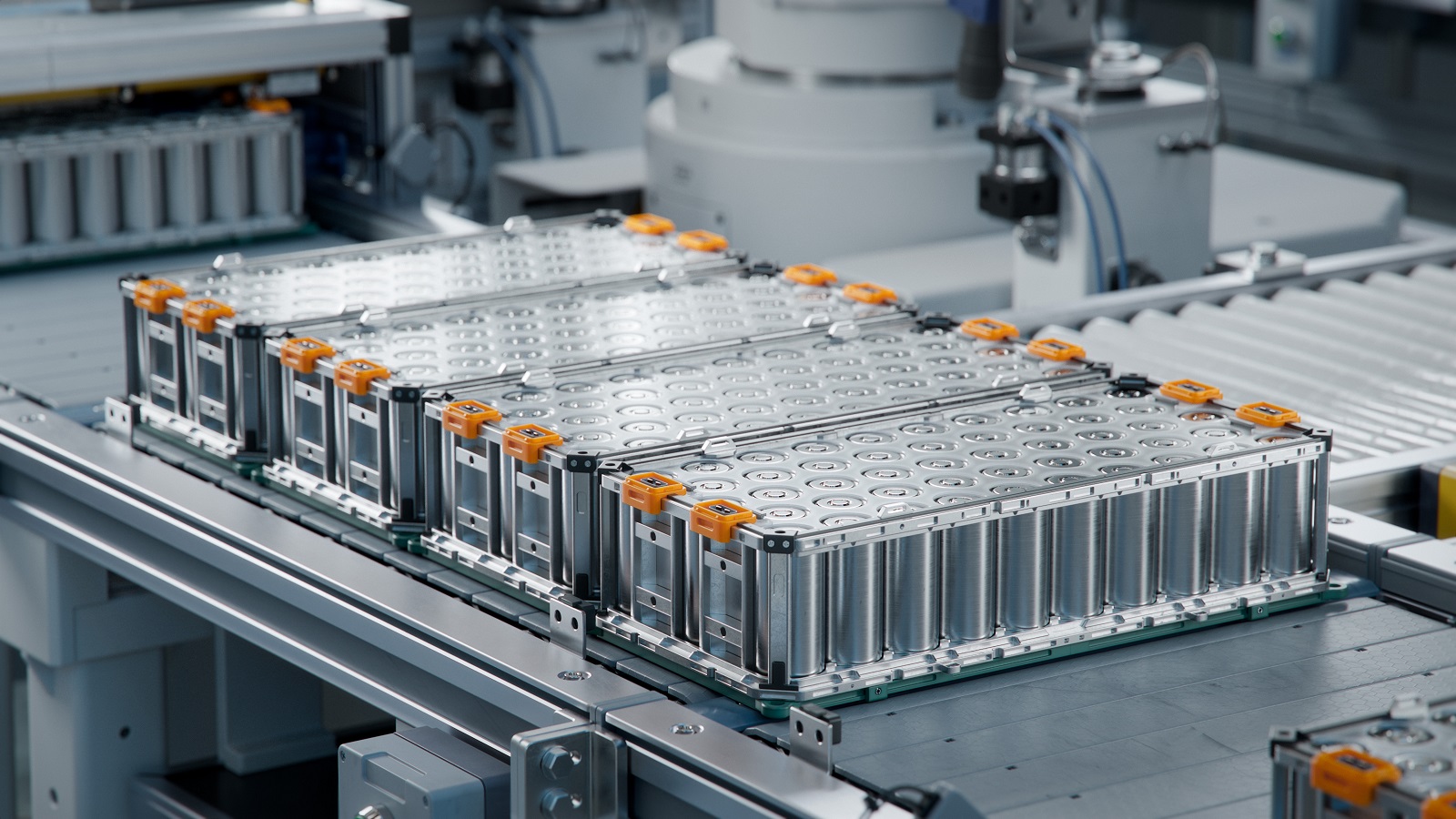
Image Credit: Shutterstock / IM Imagery
The production of batteries for hybrid cars, particularly lithium-ion batteries, involves significant environmental impacts due to mining and processing of lithium and other metals.
2. Carbon Footprint of Battery Disposal

Image Credit: Shutterstock / Yau Ming Low
Disposing of hybrid batteries can create a hefty carbon footprint if not handled properly, as they contain hazardous materials that are difficult and costly to recycle.
3. Limited Battery Life
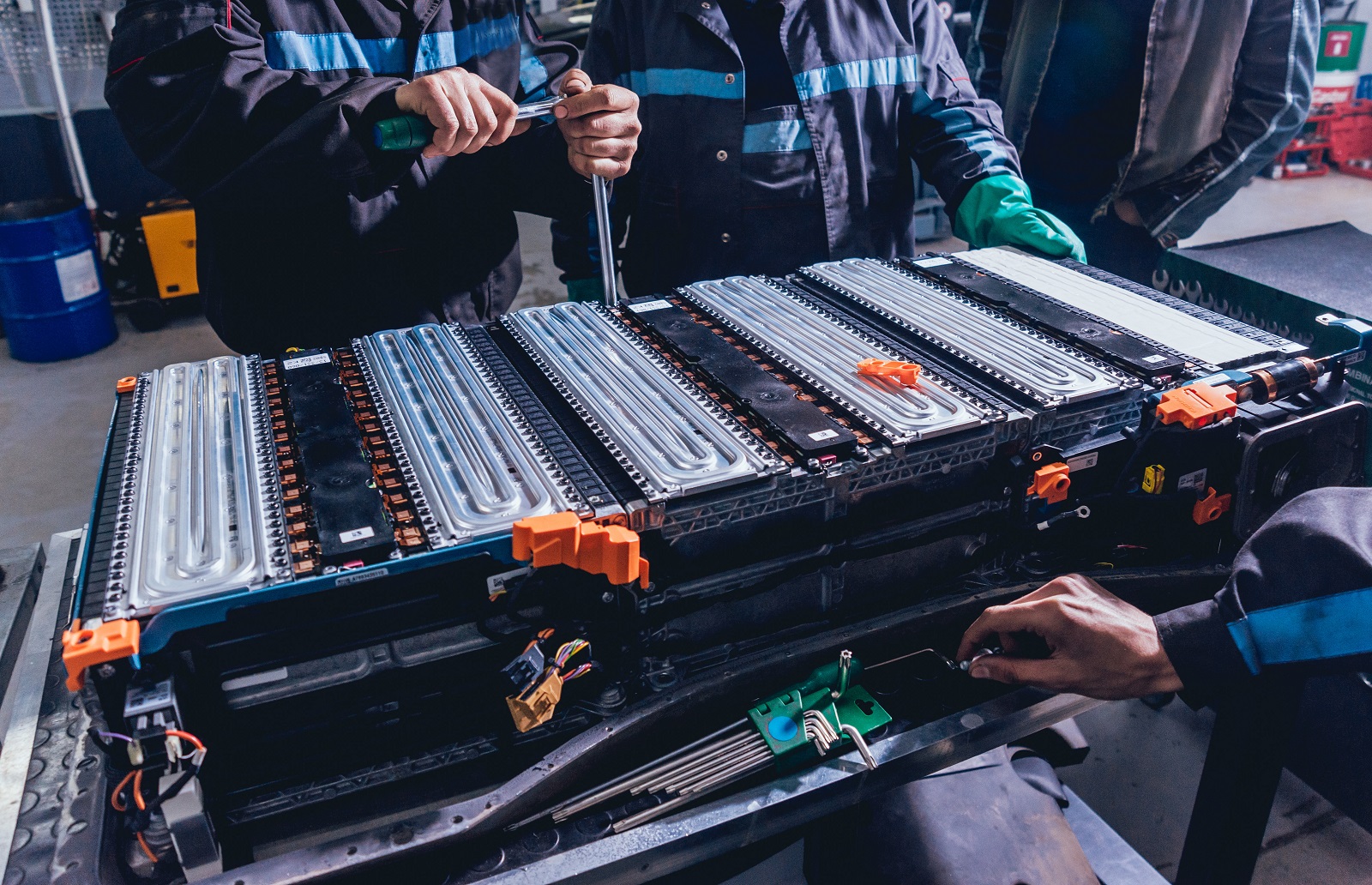
Image Credit: Shutterstock / Roman Zaiets
Hybrid batteries have a limited lifespan and often need replacing after a certain number of miles, which can negate some of the environmental benefits gained through lower emissions during use.
4. Energy Intensive Manufacturing
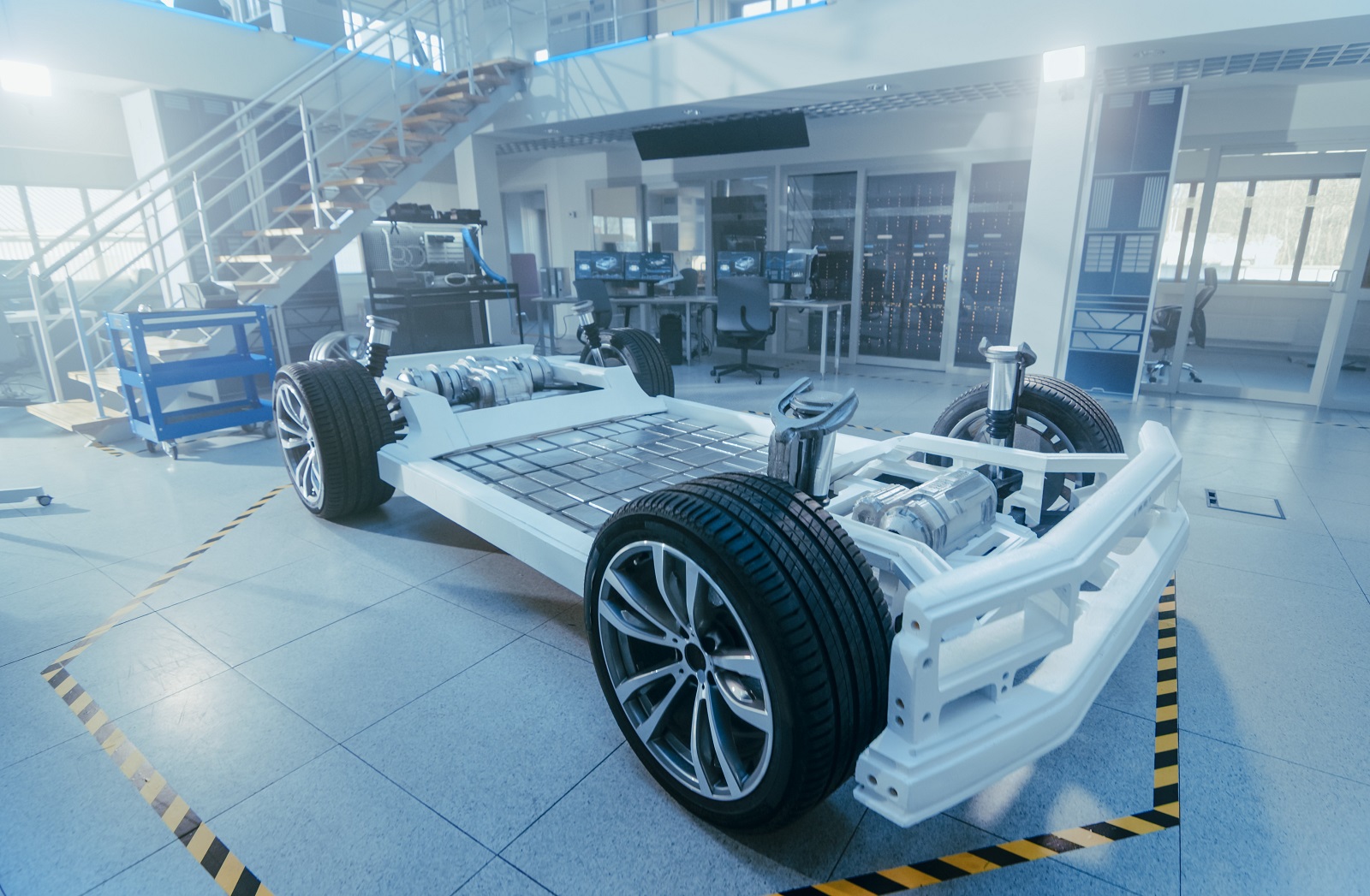
Image Credit: Shutterstock / Gorodenkoff
The manufacturing process for hybrid vehicles is generally more resource and energy-intensive than that for conventional cars due to their complex dual systems.
5. High Initial Emissions
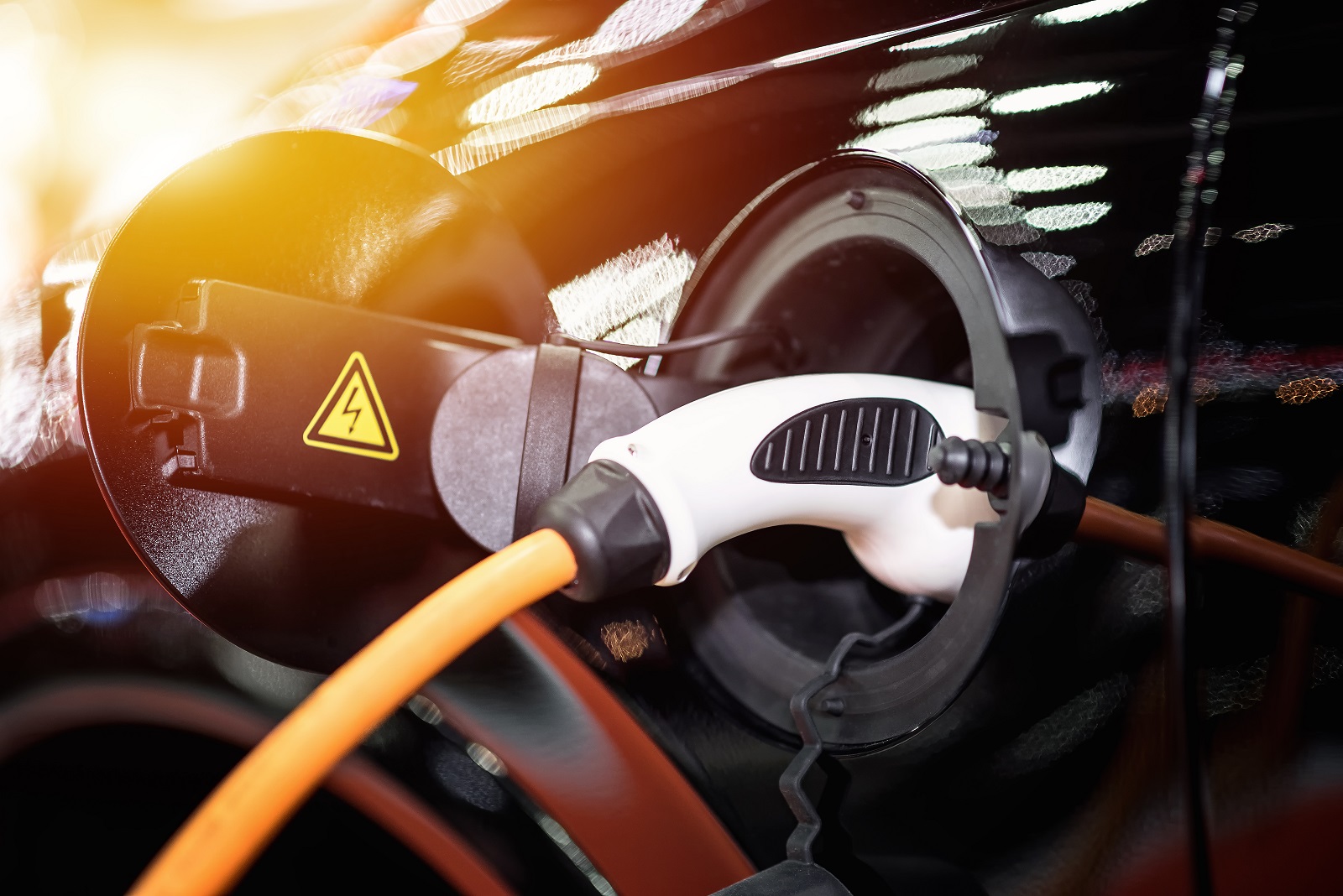
Image Credit: Shutterstock / adtapon duangnim
Producing a hybrid vehicle generates more emissions than producing a traditional gasoline vehicle due to the additional materials and technology required.
6. Dependency on Fossil Fuels

Image Credit: Shutterstock / Dragana Gordic
While hybrids use less gasoline than conventional cars, they still depend on fossil fuels to operate, which continues to support the oil industry.
7. Emissions From Electricity
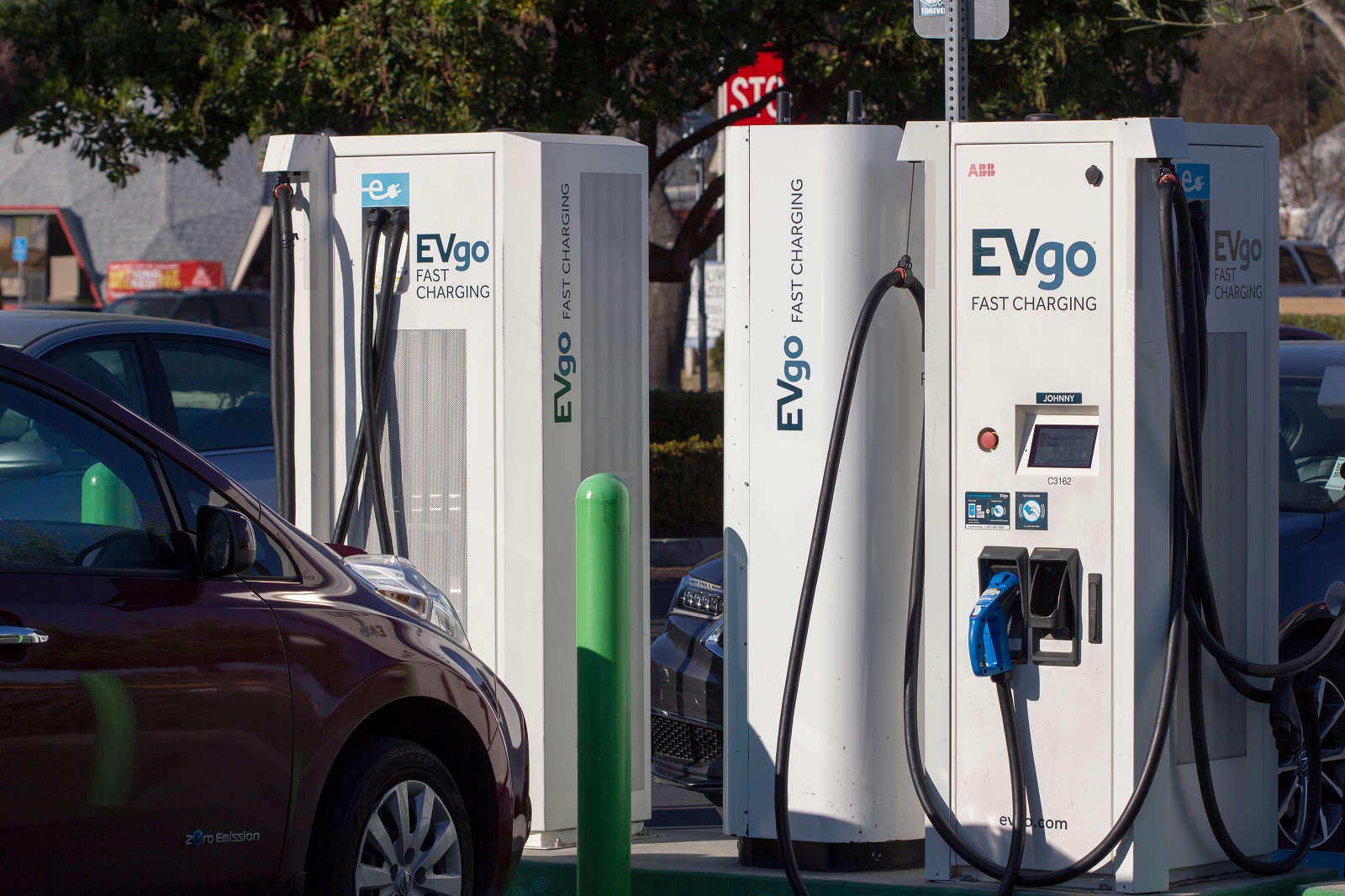
Image Credit: Shutterstock / Tada Images
If the electricity used to charge hybrid vehicles comes from coal-fired power plants, it could contribute to higher overall emissions than those from efficiently fueled conventional cars.
8. The Rare Earth Element Dilemma
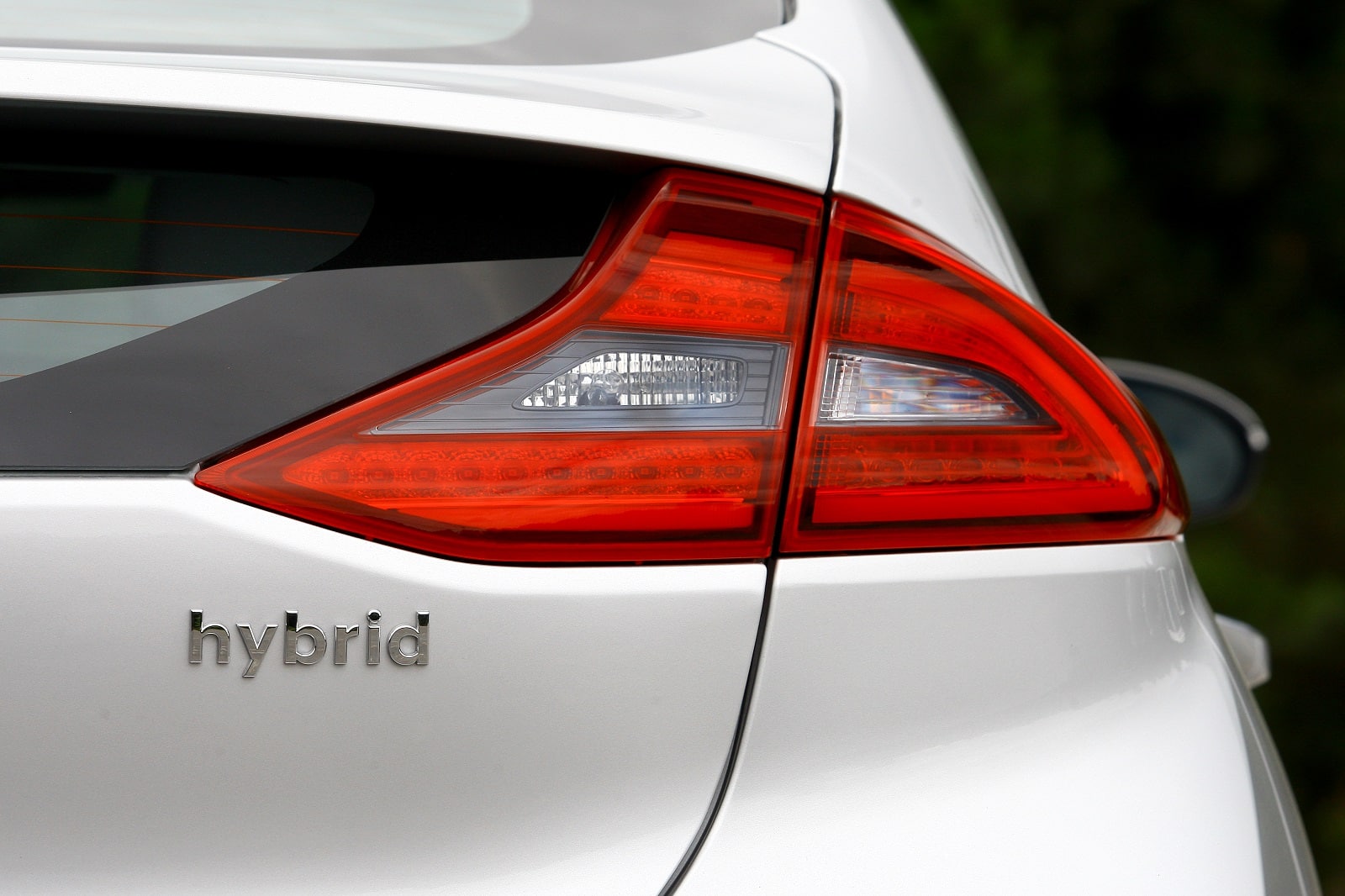
Image Credit: Shutterstock / otomobil
Hybrids rely heavily on rare earth elements for their batteries and motors, the extraction of which has significant environmental and geopolitical implications.
9. Impact on Water Resources

Image Credit: Shutterstock / APChanel
The production of hybrid car batteries involves substantial water usage and can lead to water pollution if not managed correctly.
10. Shorter Driving Range

Image Credit: Shutterstock / Hadrian
Hybrids, especially those that can switch to electric mode, often have a shorter driving range compared to their gasoline-only counterparts, which can lead to more frequent charging and higher electric consumption.
11. Inadequate Recycling Infrastructure
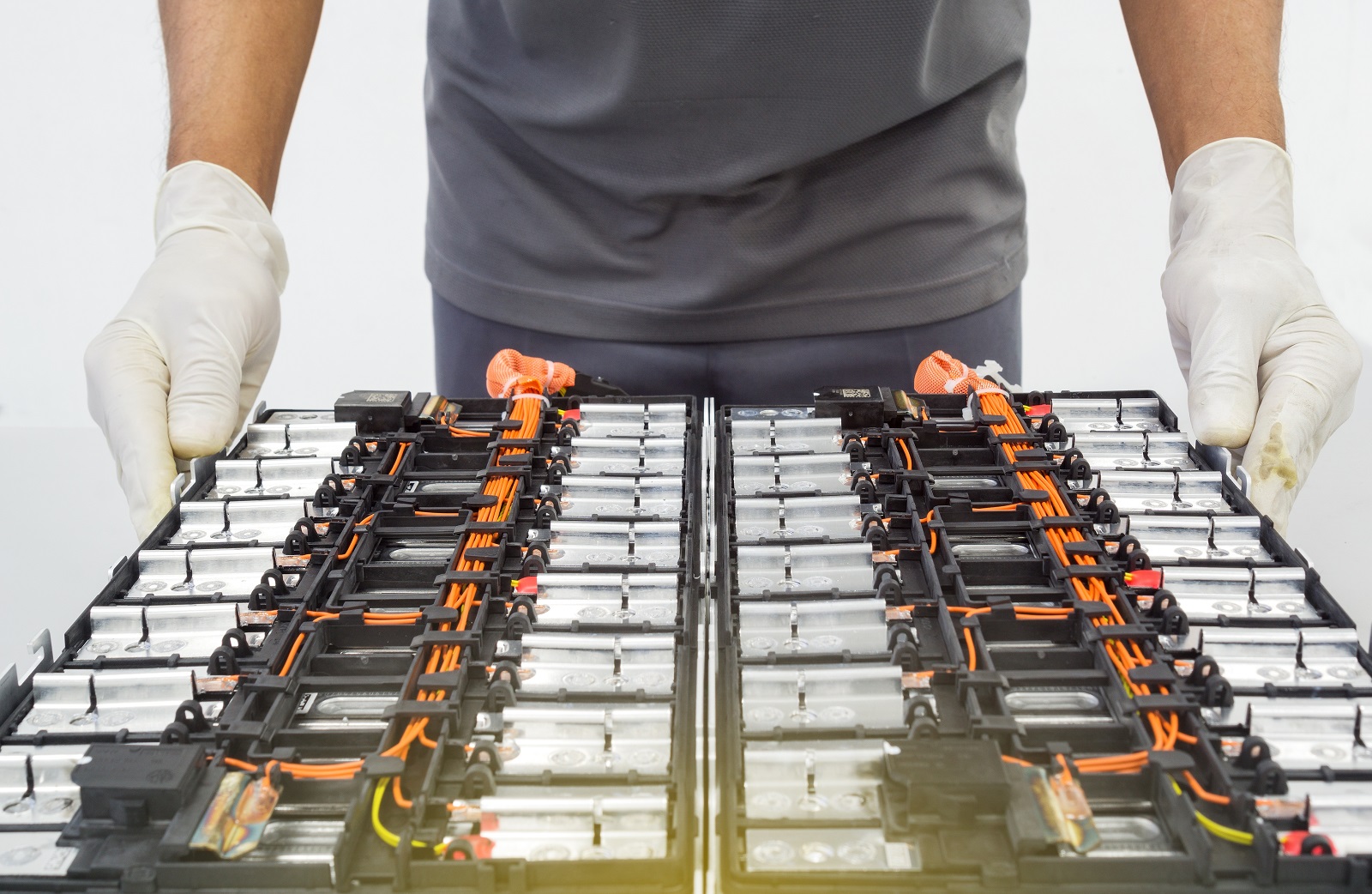
Image Credit: Shutterstock / Smile Fight
The recycling infrastructure for hybrid car components, particularly the batteries, is not yet adequate to handle the volume and complexity of materials.
12. High Repair Costs

Image Credit: Shutterstock / Med Photo Studio
Hybrid vehicles can be more expensive to repair, and the production of replacement parts can also have a sizable environmental footprint.
13. Misleading Fuel Economy Claims
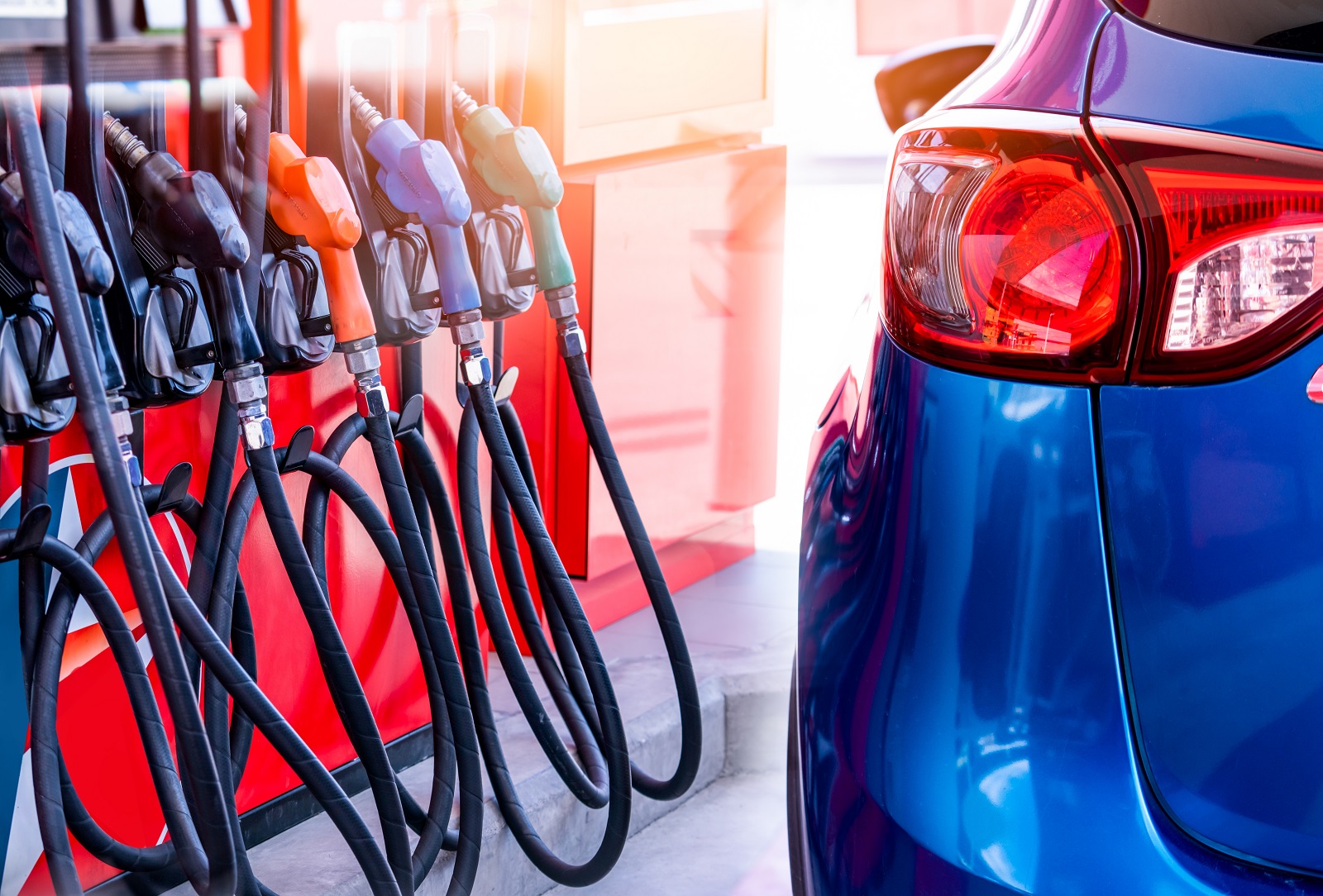
Image Credit: Shutterstock / Fahroni
Sometimes, the fuel economy figures advertised by manufacturers are not achievable under normal driving conditions, leading to misconceptions about their efficiency.
14. Low Resale Value

Image Credit: Shutterstock / Tada Images
The resale value of hybrid cars can be lower due to the potential costs associated with battery replacement and the rapid development of newer, more efficient technologies.
15. Limited Model Options

Image Credit: Shutterstock / UfaBizPhoto
The variety of hybrid models available can be limited, which may result in consumers buying cars that are larger or more luxurious—and thus less environmentally friendly—than they actually need.
16. Urban Versus Rural Efficiency
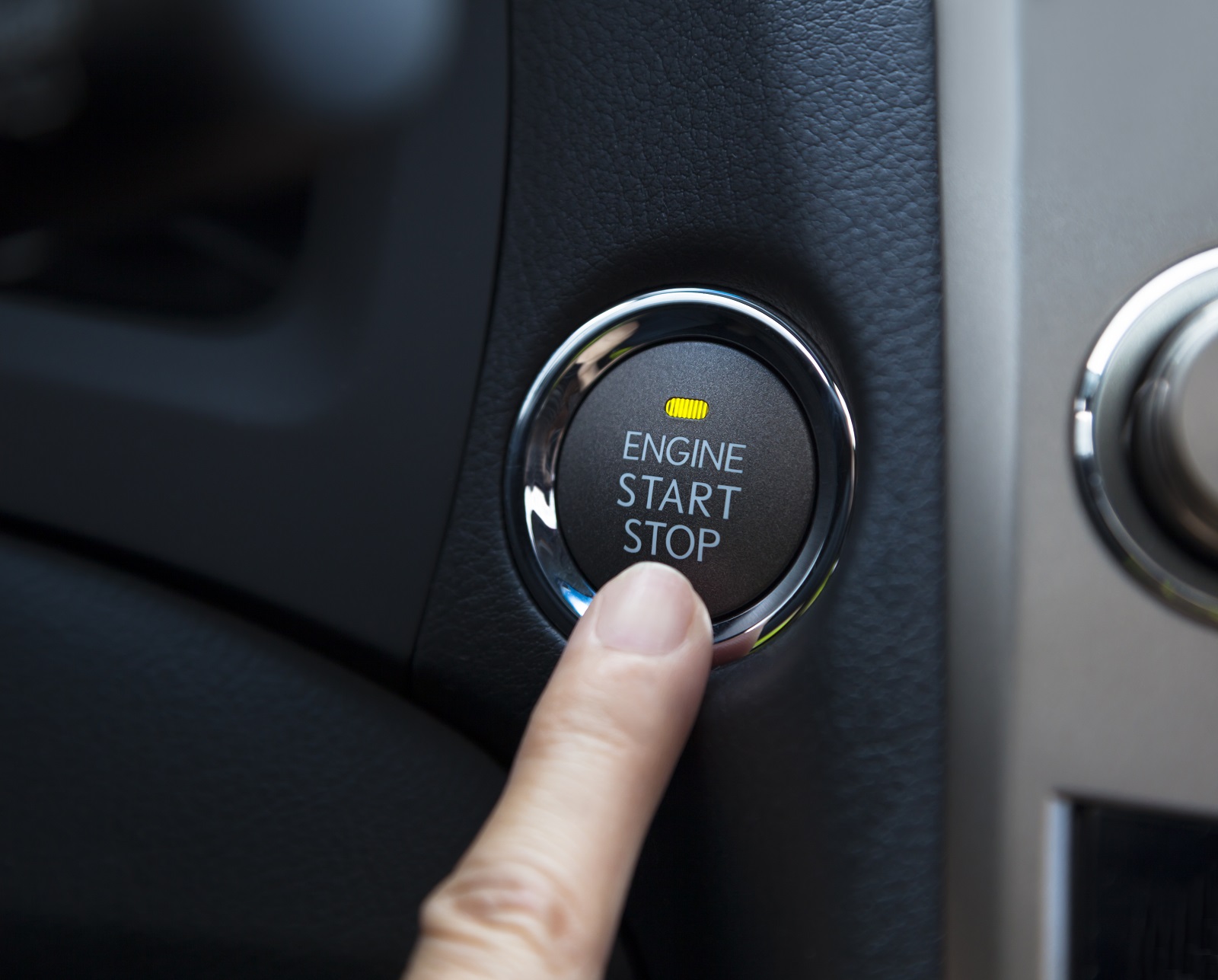
Image Credit: Shutterstock / Tom Wang
Hybrids are often most efficient in stop-and-start city driving but can be less efficient on long rural journeys compared to diesel engines.
17. Insufficient Legislation

Featured Image Credit: Shutterstock / Contributor ViDI Studio
Current environmental legislation may not adequately account for the full lifecycle emissions of hybrid vehicles, which can mislead consumers about their true environmental impact.
18. Overreliance on Technological Solutions
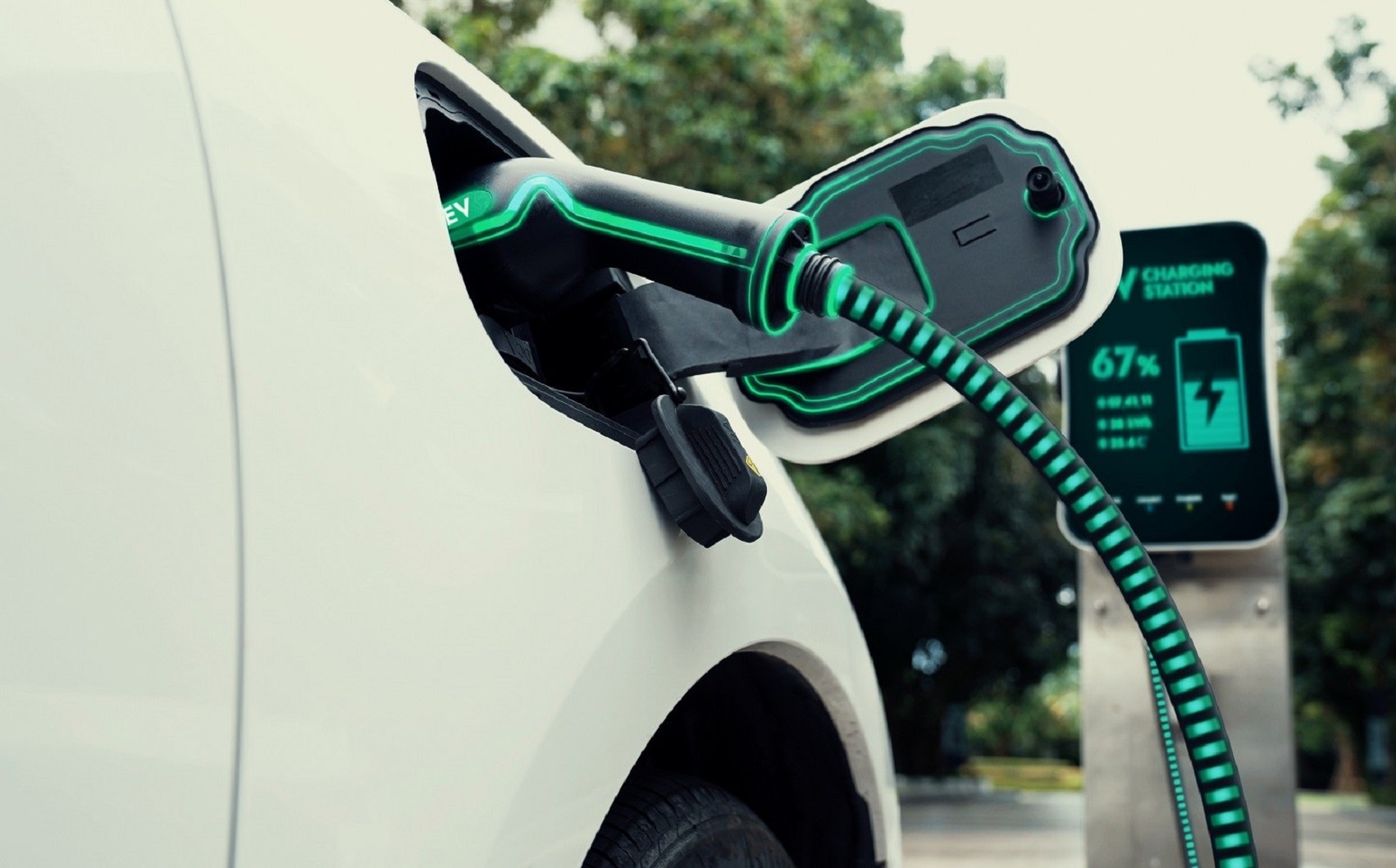
Image Credit: Shutterstock / Owlie Productions
There is a risk of focusing too much on technological solutions like hybrids without addressing broader issues such as public transportation, urban planning, and lifestyle changes that are also crucial for environmental sustainability.
Bursting the Green Bubble

Image Credit: Shutterstock / Soloviova Liudmyla
While hybrid cars do offer certain environmental benefits, it’s clear they are not the panacea for automotive pollution that many believe. Understanding the broader implications of hybrid technology is crucial for making truly informed decisions about sustainable transportation. As we navigate the complexities of environmental impact, it’s important to keep looking for holistic solutions that address the root causes of our ecological challenges.
The post The Environmental Myth of Hybrid Cars: What You Need to Know first appeared on Mechanic Insider.
Featured Image Credit: Shutterstock / Prostock-studio.
For transparency, this content was partly developed with AI assistance and carefully curated by an experienced editor to be informative and ensure accuracy.



